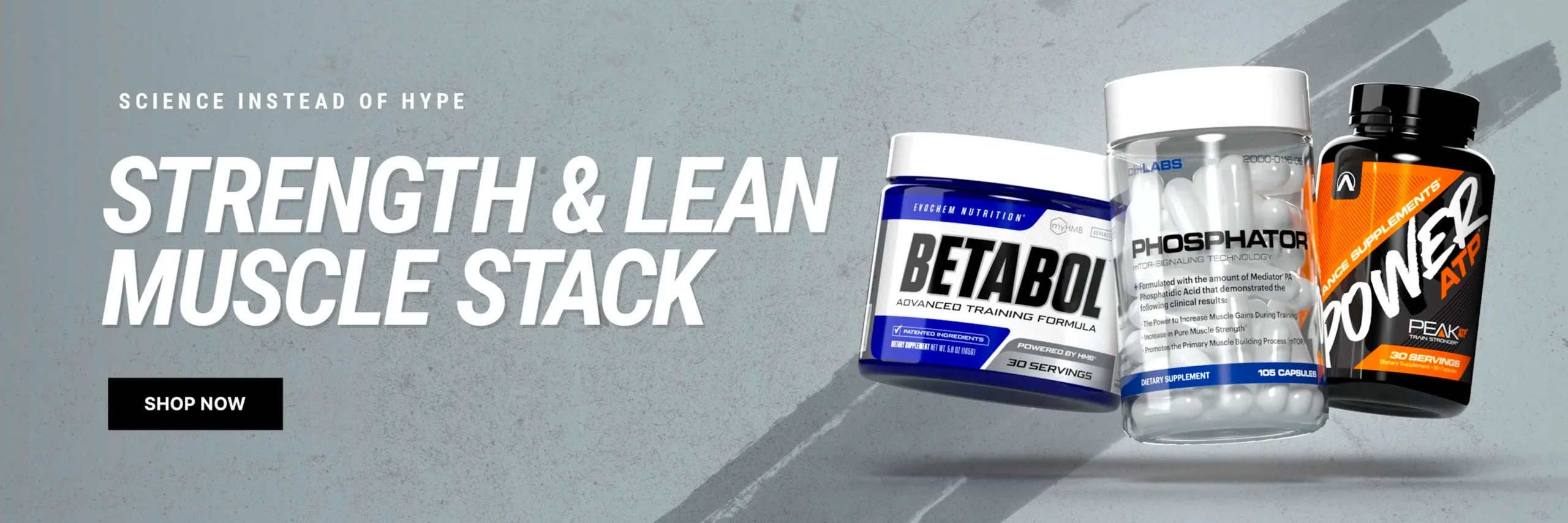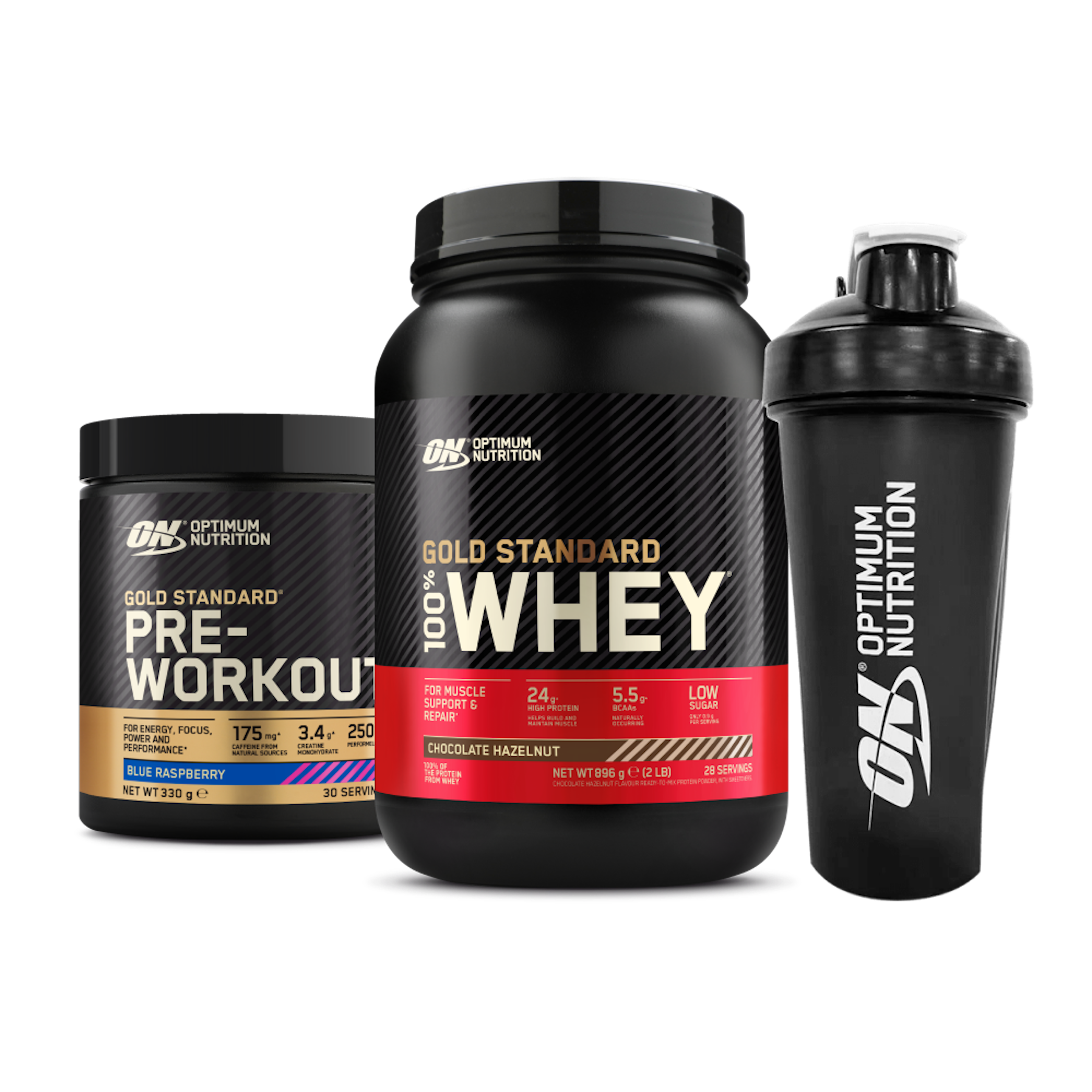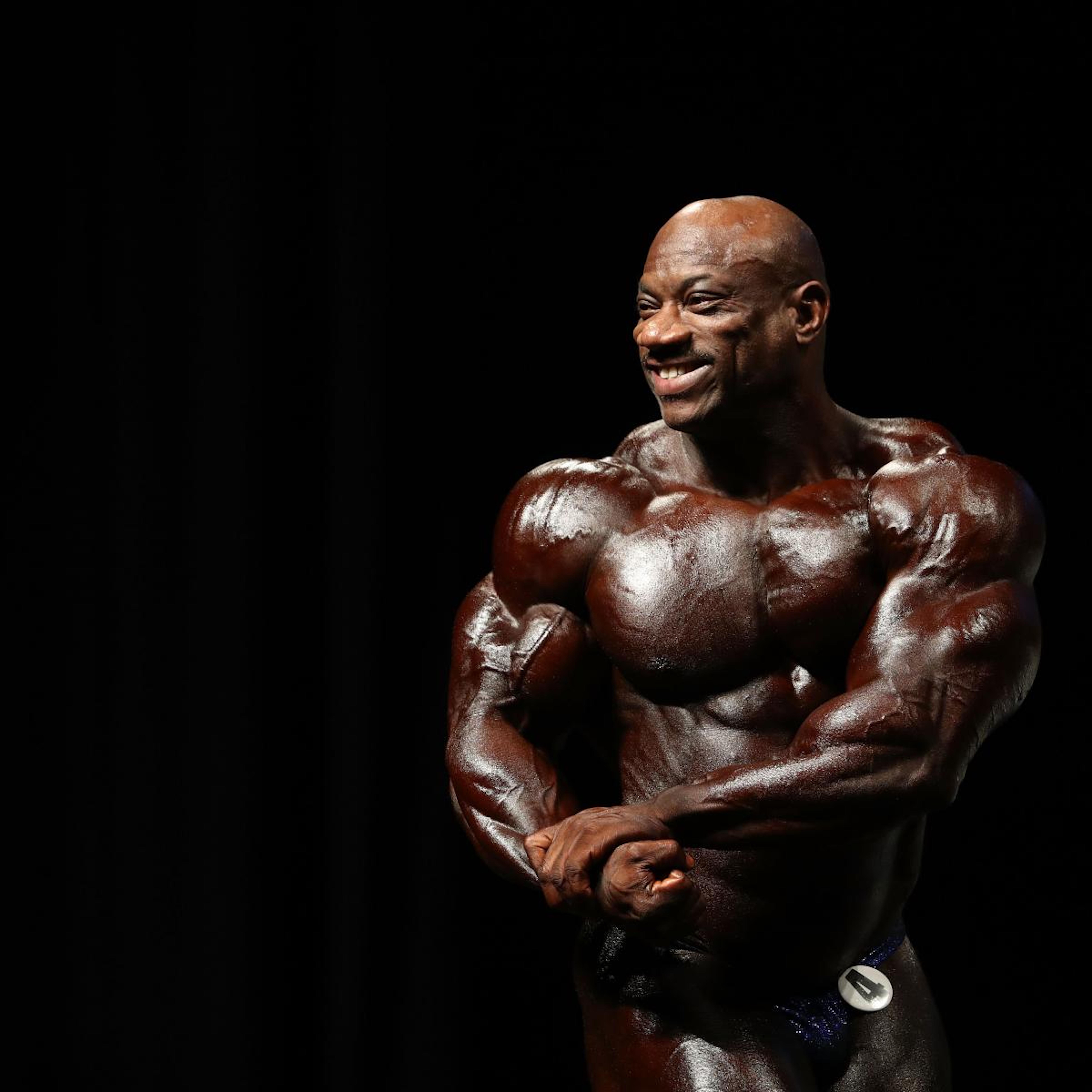Protein is vital for the growth and development of all body tissue, while amino acids in protein are essential for muscle growth. Not surprisingly, protein supplements are the most popular of all muscle-building supplements for bodybuilders.
Protein powders can be used in a variety of forms, such as in protein shakes, protein bars, or in capsules. “Although many of the benefits are overhyped and misrepresented by marketers, protein powders are invaluable to bodybuilders when the required amount of protein cannot be obtained through food consumption”. To determine your need for protein and the appropriate dosage, it is advisable to consult your doctor or a dietician.
From the perspective of bodybuilding, there are two main benefits of protein powder consumption. “The first of these is enhanced muscle growth. Protein shakes are widely consumed by bodybuilders to help build bulk after strength training workouts. This is supported by research, which shows that regular protein supplementation can significantly increase strength training workout (resistance and weight training) gains in terms of muscle size and strength. Although equally effective in both genders, the results start to decline with age, as protein requirements increase with age”. It’s worth noting that researchers also found no additional benefits when protein intake exceeded 1.6 grams per kilo of bodyweight.
Protein metabolism is never static. The body simultaneously degrades and synthesizes proteins. Meaning the body is constantly building and breaking down muscle protein. Not many are aware of this phenomenon, but it’s actually a natural occurrence which happens within healthy adults. The challenge comes with exercise as it could increase muscle protein breakdown. “During exercise, we are physically exerting our body and muscles. In turn, that intense physical activity can lead to micro-damage or mini-tears in the muscle fibers. This is a normal response to vigorous exercise. The degree to which the breakdown occurs will depend on how rigorous the activity is as well as the level of exertion”. Keep in mind that micro-tears are also an important stimulus for muscle growth to occur. We’ll talk more about that later, but let’s get to what muscle recovery really looks like.
Muscle Recovery
Micro-damage or micro-tears in muscle may occur as a response to very intense or prolonged exercise. The micro-tears in the muscles are an important stimulus required for muscle growth. Consequently, muscles need adequate time and nutrition to recover. Most often people tend to think muscle recovery only happens after an activity; however, muscle recovery is a 24 hour process that can take up to several days. “The amount of time your muscles need to recover ultimately depends on you, your body, and type of physical activity, duration and intensity. Some may require more time than others. The amount of muscle recovery needed differs from person to person and from activity to activity”.
 Post-Workout Muscle Support & Recovery
Post-Workout Muscle Support & Recovery
Each serving of the world’s best-selling whey protein powder provides 24 grams of high-quality whey protein primarily from Whey Protein Isolate, which has had excess carbohydrates, fat, and lactose ‘isolated’ out using sophisticated filtering technologies. The powder is also instantized for easy mixing using just a glass and spoon. With more than 20 different flavors – including naturally flavored options – there’s no doubt this is the Optimum Nutrition Gold Standard 100% Whey Protein.
Muscle Rebuilding
Muscular hypertrophy relates to muscle growth. The human body does not build new cells, but rather the cells can rebuild and increase in size. Chronic hypertrophy is an increase in muscle size with long-term resistance training. It reflects actual structural changes in muscle with bigger fibers due to more protein, glycogen and water in your muscle. In order for muscle hypertrophy to occur, synthesis must be greater than breakdown and the human body requires a stimulus. A stimulus can come in the form of exercise and/or activity. Exercise can help stimulate a response for muscles to recover and rebuild. You can manipulate muscle stimulus through increased resistance training and weight training. Over time, you’ll need to progressively increase the stimulus to help muscle cells grow and continue your muscle ‘gains.’ Building muscle is not an overnight phenomenon – it takes time. Building muscle can take many weeks. The amount of time depends on many factors like training regimen, nutrition, rest, and recovery schedule.
Check Out Our List Of The Best Supplements For Building Muscle, Shredding Muscle, Recovery, And Great Health, and Wellness Products! Purchase IFBNewsfeed.Org‘s Apparels Here: IFBNewsfeed.Org
Protein and Muscle Recovery and Building
Consume complete, high-quality proteins to help support muscle recovery and building. All animal-based protein sources are considered complete proteins. Complete proteins include foods such as meat, poultry, seafood, eggs and dairy products. Soy products are also a plant-based, complete protein source. Spread your protein throughout the day (including post-exercise) across several meals and snacks. Aim for about 20 to 40 grams of protein with each eating occasion. Dietary examples include 113 gram skinless baked chicken breast = ~26 grams protein, 100 grams of lean ground beef = ~22 grams protein, and 1 large egg = ~6 grams.
 Protein Timing
Protein Timing
There is a common perception that athletes need to consume protein immediately post-workout because muscle protein synthesis is limited to a specific recovery window, commonly known as the ‘anabolic window.’ However, some studies suggest muscle recovery may last for several days after intense exercise. Muscle protein synthesis (the process of muscle recovery and rebuilding) can remain elevated for up to 48 hours after exercise. Nevertheless, “post-workout nutrition is a great fueling opportunity as muscles are receptive to protein following exercise. But you don’t need to slam a protein shake minutes within finishing your workout“. Protein can be consumed anytime following activity. Aim to refuel with protein at a time that works best for you. Remember, muscle recovery is an ongoing process that can take up to several days.
Protein Amounts
The body cannot store excess amino acids, therefore it’s crucial to consume sufficient amounts of protein each day. The amount you need each day really depends on you. Protein needs may change based on age, body composition and level of activity. Generally, the more active you are the more protein may be needed. In general, protein should make up about 10 to 35% of your total daily calories. Generally, healthy adults should aim to get 0.8-1 g of protein per kilogram of bodyweight each day spread across several meals and snacks. To build muscle, it’s recommended to include a combination of resistance training plus adequate nutrition including sufficient protein. For building muscle it’s recommended to consume 1.2 – 2.2 grams of protein per kilogram of bodyweight per day across several meals and snacks. And for team sports and endurance sports, aim to consume between 1.2 to 2.0 grams of protein per kilogram of bodyweight per day spread across several meals and snacks to help support recovery.
 Wrapping Up
Wrapping Up
During exercise, muscles experience micro-damage – the level of damage depends on many factors as mentioned above. “It’s important to allow muscles to adequately recover and rebuild following physical activity. Implement an appropriate routine, which includes proper rest and nutrition“. Be sure to include complete high-quality proteins in your diet to help support muscle recovery. Remember, muscle recovery is an on-going process. Therefore, it’s important to look for additional opportunities beyond exercise.
Related Articles:
- Whey Protein Powder: “Six Star Whey Protein Plus”, “Whey Protein Isolate & Peptides”, “Lean Protein Powder for Muscle Gain ”, “Muscle Builder for Men And Women”
- Gold Standard 100% Whey Protein: The Ultimate Supplement For “Post-Workout Muscle Support & Recovery”

- $5.95 Ground Shipping On Any Purchase In The US! – Shop Now!
- A1Supplements.com – Lose Fat, Gain Muscle!
For More News And Daily Updates, Follow IFBNewsfeed.Org on Facebook, Twitter, and Instagram. Comment, Like, And Share With Everyone Who May Need To Be Updated With The Most Recent Fitness/Bodybuilding/Powerlifting And CrossFit News.







